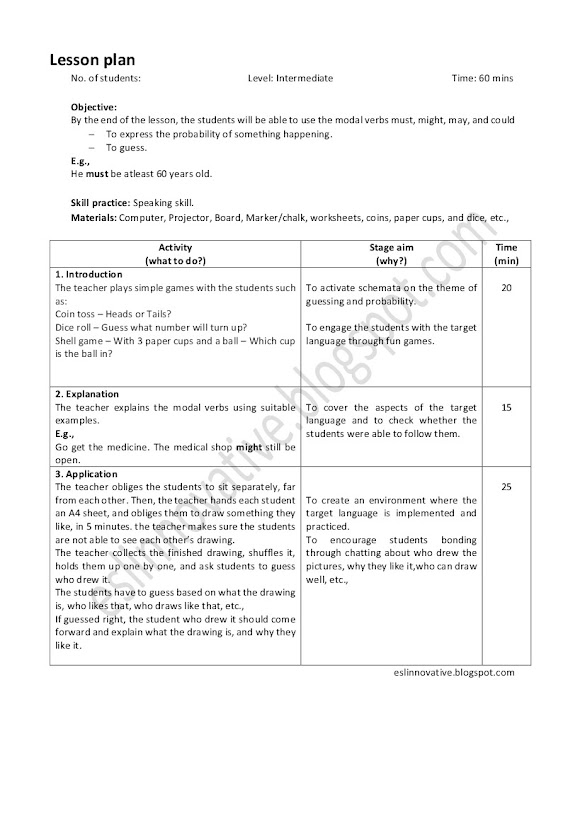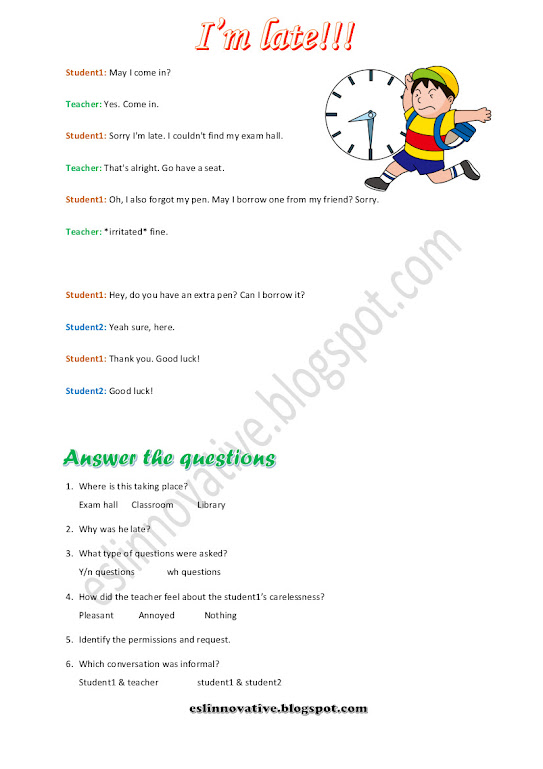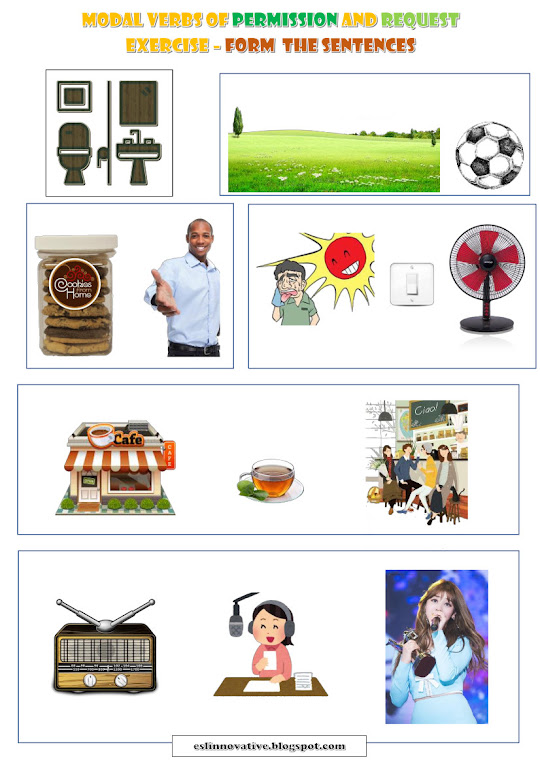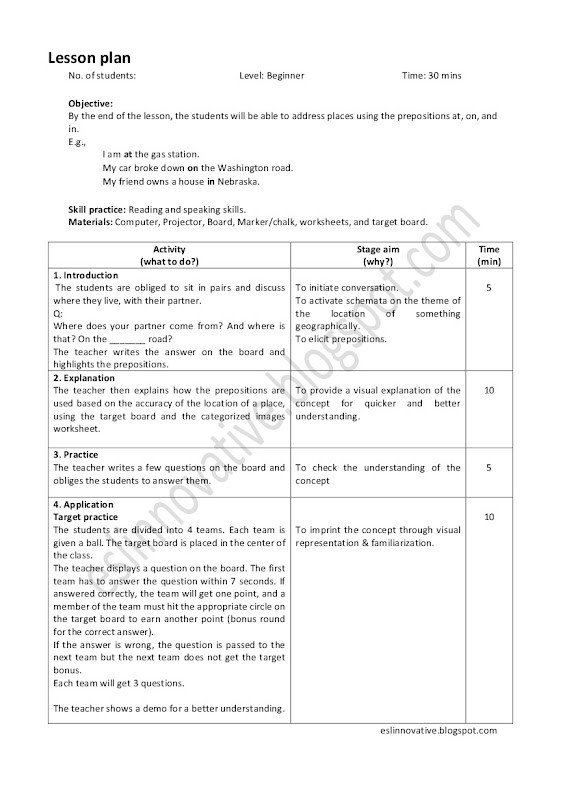Will
Volunteering
When you volunteer to do something, to help someone, you use
the modal verb will.
Will is used to express the future. Here, The job you
volunteer to do will be in the immediate or far future.
Will can be contracted with the subject pronoun.
I will - I’ll You will - you’ll he will - he’ll
she will - she’ll they will - they’ll it will - it’ll
E.g.,
I'll help you carry
that bag.
(You are not presently carrying it, you are volunteering to
carry the bag)
Shall can be used in the place of will but it's not used
often nowadays.
E.g.,
I shall help you do
the homework.
Prediction
Prediction is a statement about the future. As the future is
uncertain, the credibility of a prediction statement is uncertain.
The modal verb will is used to make predictions.
E.g.,
You will be a star in
the future.
You will meet the
woman of your dreams in 5 days.
Lesson plan activity
The students will sit in pairs facing each other. One has to
roleplay as a fortune teller. The other has to role play as a customer. Each
team is given ten cards. The cards should be placed face down on the desk, and
the customer has to pick one or more. The fortune teller will have to make 5
predictions about the customer by looking at the cards (it can be a standard 52
– card deck or any game cards, and let them use their imagination. Game cards
are more fun). The fortune teller can
also ask personal questions.
Then they must interchange roles and do the same.
Time: 20 minutes.






























